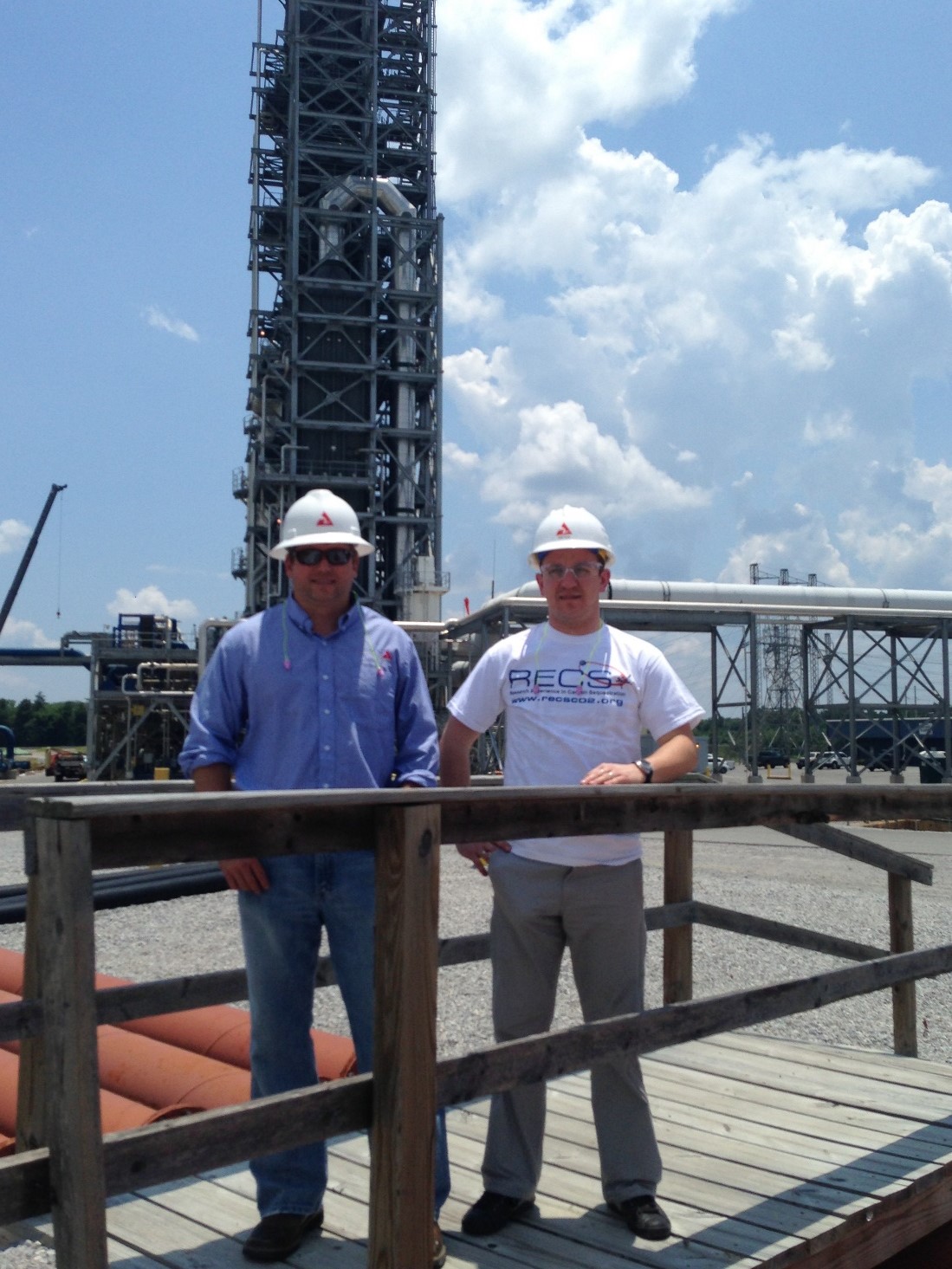A love of field trips and travelling from an early age, coupled with strong technical skills, led Tomasz Urych to a career in geology. Now a reservoir geologist at PilotSTRATEGY partner Poland’s Główny Instytut Górnictwa (GIG), the Central Mining Institute, he has an MSc in Geology with specialisation in computer geoscience from AGH, University of Science and Technology in Krakow.
His first job after graduation was with PBG, a company doing geophysical exploration around Poland.
“It was a great decision to work there at the start of my career as it gave me a wide overview of basic knowledge related to geology and also the use of software for modelling geological processes,” he says. “It was mainly fieldwork and rather hard work but also a great adventure and an opportunity to get to know beautiful and wild corners of Poland, from the sea to the mountain.”
He stayed for almost two years before moving to GIG in July 2009 where he has remained ever since. He quickly became involved in carbon capture utilisation and storage (CCUS), participating in a Polish national research project, “Assessment of formations and structures for safe CO2 geological storage, including monitoring plans.” (2009-2012)
“The most important structures and potential for CCUS were assessed during this project. We also prepared smaller feasibility studies for power plants from the point of view of CCUS technology,” he recalls.
Study in Alabama
A highlight of this period was a two-week CCUS education and training programme in USA in Alabama in 2013. Drawing together fellow researchers including from Norway, USA, Canada and China, he visited carbon capture installations and pipelines for CO2 to oil fields for EOR.
Back in Poland, in 2014, he completed a post graduate degree in technology of gas production from unconventional gas resources including issues related to tight gas, coal bed methane and focusing on shale gas.
“It was a time when a few investors tried to explore the potential of shale gas production in Poland,” he says. “The experience gained from these studies I used in the next research projects related to coal bed methane including last one titled ’Methane capture and utilisation from abandoned coal mines in the Upper Silesian Coal Basin in Poland’.
“I was responsible in this project for 3D geological modelling of abandoned coal mines and designing wells to produce methane and initial simulation of methane production from this area. These post graduate studies were very valuable in my work at GIG.”
More recently, the team finished a project on the experimental study of an in-situ test of CO2 injection into coal seams (ROCCS project). At present, alongside working on PilotSTRATEGY, Tomasz is helping prepare practice guidelines for designing commercial CO2 storage feasibility and participates in the HyStorIEs project (HYdrogen STORage In European Subsurface) on possibility of hydrogen storage in porous media in Poland and 17 other European countries. The project ends in June this year and the final products are techno-economic feasibility studies and web maps showing the storage potential in most countries.
As for PilotSTRATEGY, he has worked on geocharacterisation in Work Package 2 and now, as part of Work Package 3, he is building 3D models of two potential structures in Upper Silesia.
“The next task will be simulation of CO2 storage in these structures - static and dynamic modelling is part of my expertise,” he says.
A graduate of a high school specialising in electronics, he enjoys the different technologies he encounters through his job.
“I enjoy my job very much. It’s very interesting because I have contact with a lot of different technology and it gives me the opportunity to learn something new every day. The market is always changing and we should be very flexible with our research work,” he says.
Finishing PhD
In parallel, he is finishing his PhD which is on modelling CO2 storage with the use of AI methods. He hopes to finish this year – life work balance permitting. He is the father of a nine-year-old daughter and a three-year-old son. As well as family life, he enjoys cycling and swimming on weekends, having earlier played handball, and, when time, he enjoys reading books on personal and spiritual development. He regrets no longer having time to play football with his colleagues.
“Handball was my passion. I played from primary school through to the university team,” he says. “Sport is very helpful in developing good habits and a good approach to life. I see that sport helped me in this regard and so I will try to make sport a passion for my children too.”
Image: Tomasz (on the right) in Alabama at the Barry power plant



